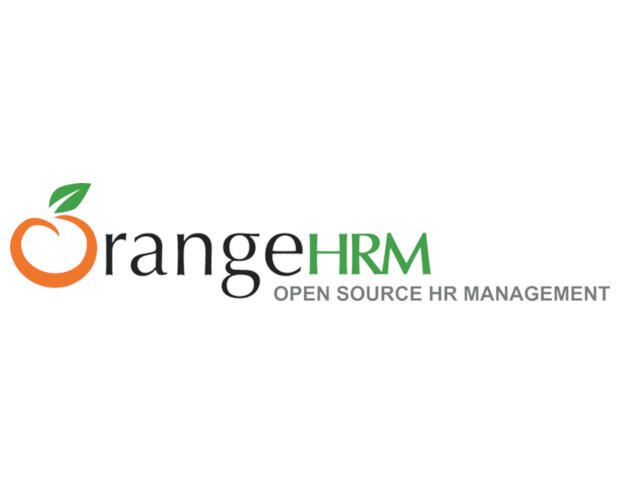Top 10 Trends in HR Management and Use of HR Technology in 2025
Introduction
As we step into 2025, the HR landscape is evolving rapidly. Technology, changing workforce expectations, and a global shift in work culture are driving significant transformations in HR management. Organizations are leveraging AI, automation, and data analytics to create more efficient, people-centric workplaces. This blog explores the top 10 trends shaping HR management and the use of HR technology in 2025.
1. AI-Powered HR Automation
Artificial Intelligence (AI) continues to revolutionize HR functions by automating repetitive tasks and improving decision-making. AI is enhancing various HR processes, including:
-
Resume screening and candidate matching
-
Chatbots for employee queries
-
Predictive analytics for workforce planning
-
Automated performance management
By integrating AI-driven solutions, HR teams can focus on strategic initiatives rather than manual tasks.
2. Employee Experience and Well-Being Take Center Stage
In 2025, organizations are prioritizing employee experience (EX) more than ever. HR leaders are adopting people-first strategies to improve engagement and well-being. Key initiatives include:
-
Personalized learning and development programs
-
Mental health support and wellness programs
-
Work-life balance initiatives, including flexible work schedules
-
Employee feedback loops powered by sentiment analysis tools
3. Rise of Hybrid and Remote Work Models
Remote and hybrid work models have become the norm. Companies are embracing HR technologies that support seamless collaboration and productivity, such as:
-
Cloud-based HR software for remote workforce management
-
Virtual collaboration tools like Microsoft Teams and Slack
-
Digital employee engagement platforms
HR leaders must also address challenges such as maintaining company culture and ensuring compliance with remote work policies.
4. Skills-Based Hiring and Internal Mobility
Traditional job descriptions are being replaced by skills-based hiring. Companies are focusing on hiring candidates based on their competencies rather than degrees or past job titles. Key practices include:
-
AI-driven skill assessments
-
Internal talent marketplaces
-
Upskilling and reskilling programs
By promoting internal mobility, organizations can retain top talent and bridge skill gaps effectively.
5. Data-Driven HR Decision-Making
HR analytics is playing a critical role in decision-making. Organizations are leveraging HR technology to:
-
Predict employee turnover
-
Optimize workforce planning
-
Track diversity and inclusion metrics
-
Measure the impact of HR initiatives
Predictive analytics and real-time dashboards are helping HR teams make informed, data-backed decisions.
6. Diversity, Equity, and Inclusion (DEI) as a Core Business Strategy
DEI is no longer just an HR initiative but a business imperative. In 2025, organizations are embedding DEI into their core strategies by:
-
Leveraging AI tools to eliminate hiring biases
-
Implementing transparent pay equity policies
-
Creating inclusive workplace cultures through ERGs (Employee Resource Groups)
-
Tracking DEI progress with real-time analytics
A strong DEI strategy enhances innovation, employee satisfaction, and business growth.
7. HR Tech Integration for Seamless Employee Management
Companies are adopting unified HR tech ecosystems to streamline HR processes. Integrated HR platforms provide:
-
Centralized employee data management
-
Seamless payroll and benefits administration
-
Automated compliance tracking
-
Performance and learning management tools
HR tech integration reduces redundancy and improves overall efficiency.
8. Compliance and Data Security in HR
With increasing concerns about data privacy, HR teams must ensure compliance with global regulations. In 2025, HR technology solutions are focused on:
-
Secure employee data storage and access control
-
Compliance automation for labor laws and regulations
-
AI-powered fraud detection in HR processes
Ensuring compliance and data security helps organizations build trust and avoid legal risks.
9. People Analytics for Personalized Employee Development
HR technology is leveraging people analytics to provide personalized career growth plans. Companies are using:
-
AI-driven learning recommendations
-
Continuous performance feedback mechanisms
-
Career pathing tools based on skills and aspirations
Personalized development programs enhance employee engagement and retention.
10. Blockchain in HR for Enhanced Transparency and Trust
Blockchain technology is gaining traction in HR for improving transparency and security. HR applications of blockchain include:
-
Digital employee credentials and background verification
-
Secure payroll processing, especially for global workforces
-
Immutable HR records to prevent data tampering
Blockchain adoption ensures authenticity and reduces administrative burdens in HR processes.
Conclusion
The future of HR is technology-driven, data-informed, and employee-centric. Organizations that embrace these trends in 2025 will build agile, inclusive, and high-performing workplaces. By leveraging AI, people analytics, and integrated HR tech solutions, companies can create a workforce that thrives in an ever-evolving business landscape.
